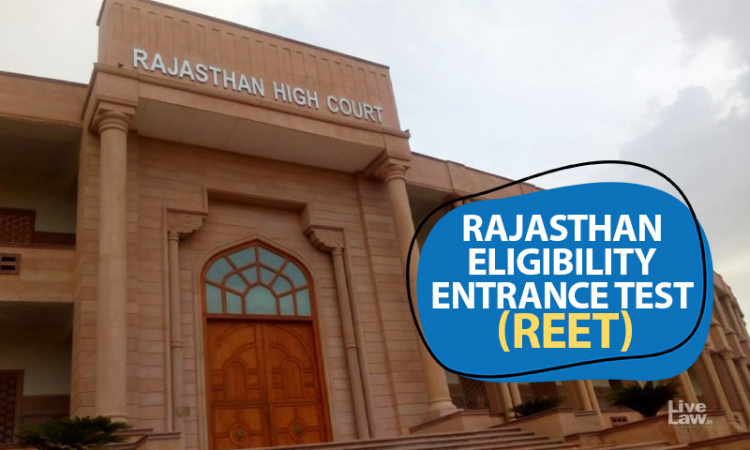B.Ed Degree Holders Not Eligible To Take REET-I; NCTE's 2018 Notification Unlawful: Rajasthan High Court
Sparsh Upadhyay
1 Dec 2021 10:15 PM IST

Next Story
1 Dec 2021 10:15 PM IST
The Rajasthan High Court last week held that NCTE's notification relaxing eligibility for teaching primary level students and thereby allowing B.Ed degree holders to appear for REET Level I [Rajasthan Eligibility Examination for Teacher] is unlawful.With this, the Bench of Chief Justice Akil Kureshi and Justice Sudesh Bansal also vacated its interim orders granted earlier allowing the...
